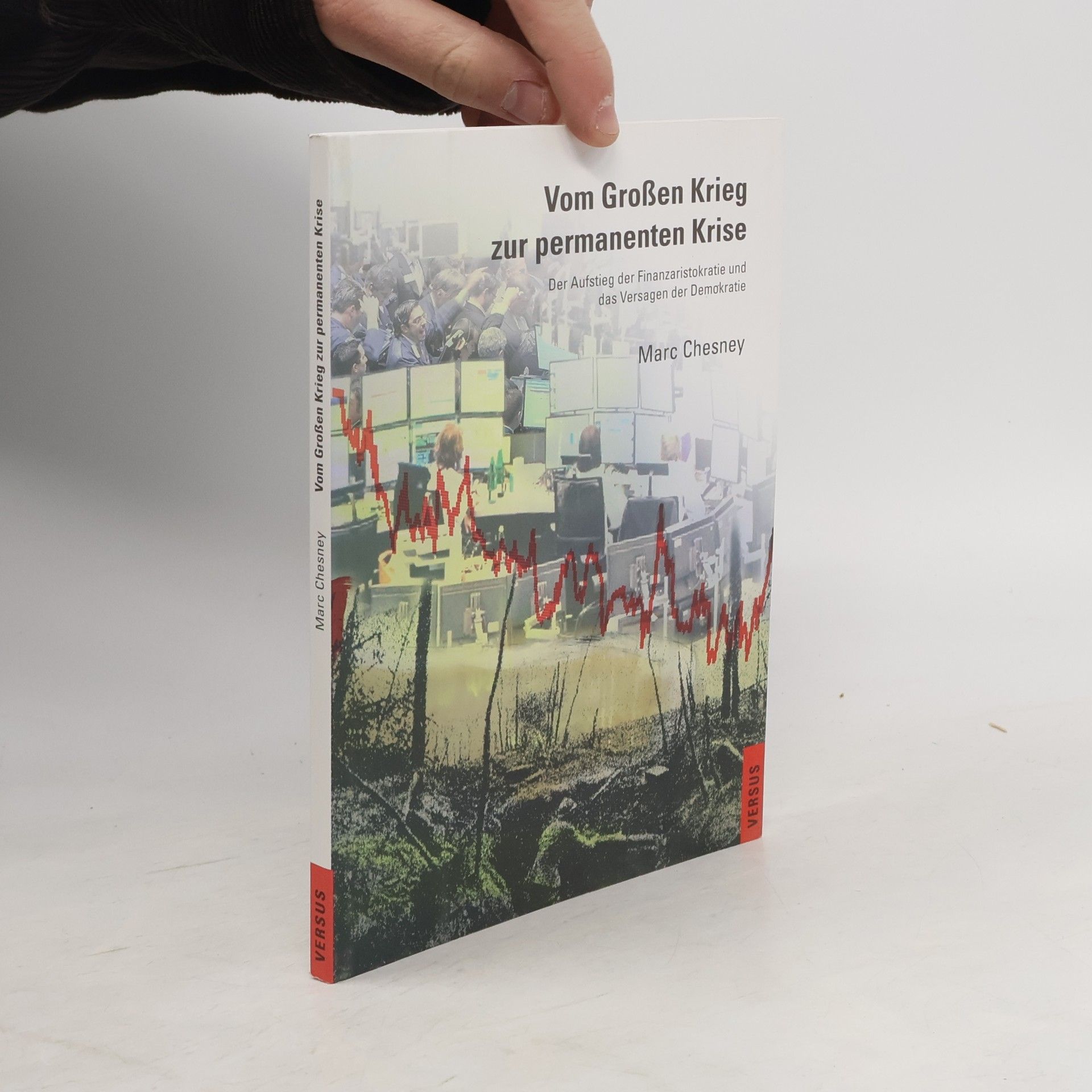Asset pricing
- 252 stránek
- 9 hodin čtení
Dieses Buch behandelt Finanzderivate und die damit verbundenen Systemrisiken, die während der Finanzkrise deutlich wurden. Nach einer Einführung in Kapitel 1 werden in Kapitel 2 die Funktionen und Dysfunktionen der Finanzmärkte erläutert, um ein generelles Verständnis ihrer Rolle in der Ökonomie zu vermitteln. Kapitel 3 behandelt Zinssätze und Anleihen als Grundlage für derivative Produkte, da diese häufig als Basisinstrumente dienen. Anschließend werden die verschiedenen derivativen Finanzprodukte schrittweise eingeführt: Kapitel 4 widmet sich Futures und Forwards, Kapitel 5 den Swaps, und Kapitel 6 behandelt die Grundlagen von Optionen, Realoptionen und deren Bewertungsmodelle. Neben formellen Herleitungen werden intuitive Vergleiche gezogen, um das Verständnis zu fördern. Kapitel 7 diskutiert Modelle und Konzepte wie Wachstum im breiteren Kontext und deren Verbindung zu Derivaten. Jedes Kapitel beginnt mit grundlegenden Definitionen und erläutert die Funktionsweisen, einschließlich des Einsatzes beim Hedging und der Bewertungsmöglichkeiten. Für Studierende und Interessierte, darunter Journalisten und Politiker, werden kritische Aspekte des Einsatzes von Derivaten behandelt. Die Kapitel schließen stets mit Übungsaufgaben ab.

